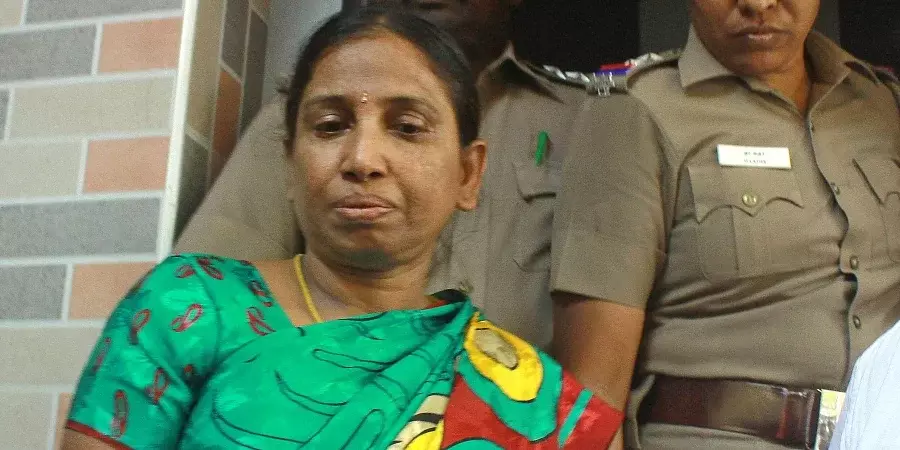Rajiv Gandhi Assassination Case Convict Nalini Moves Supreme Court Seeking Premature Release
Sohini Chowdhury
11 Aug 2022 6:21 PM IST

Next Story
11 Aug 2022 6:21 PM IST
S. Nalini, convict in the Rajiv Gandhi assassination case has moved the Supreme Court seeking premature release. She has impugned the order of the Madras High Court, by which her plea for early release had been dismissed. While dismissing her plea a Division Bench of the Madras High Court comprising Chief Justice Munishwar Nath Bhandari and Justice N Mala had observed that the High...
